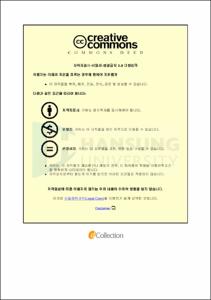노인 자원봉사참여 및 취업활동의 생활만족도 영향요인에 관한 연구
= A Study on the Factors Affecting Seniors' Life Satisfaction from Volunteer Service Participation and Employment Activity
- Type
- Thesis
- Advisor
- 황진수
- Department
- 행정대학원 사회복지학과
- Issued Date
- 2009
- Publisher
- 한성대학교 행정대학원
- Keyword
- 노인 자원봉사; 노인 취업활동; senior; volunteer service; employment; life satisfaction
- Files in This Item:
-
-
Download
 000000359684.pdf
기타 데이터 / 862.21 kB / Adobe PDF
000000359684.pdf
기타 데이터 / 862.21 kB / Adobe PDF
-
Items in Repository are protected by copyright, with all rights reserved, unless otherwise indicated.